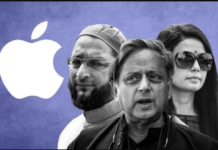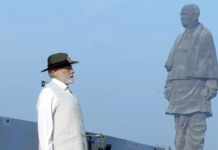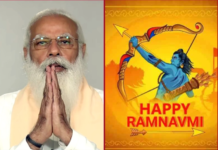Facebook on Saturday invited rivals Google Plus and Twitter on the platform to help more people go online, in a bid to counter the criticism over Free Basics.
Free Basics being Mark Zuckerberg’s pet project to spread the grid of the internet, by providing some services to people from under-privileged sections of society free of cost — while, eventually, getting them to pay for internet access and better services.
The project has been widely criticized by Microsoft, Truecaller and a number of Indian start-up entrepreneurs who claim that it violates the principles of net neutrality — following which internet service providers enable access to all content regardless of the source. On Saturday, Chris Daniels, the head of Facebook’s internet.org initiative that oversees Free Basics, said: “People always say we have economic interests. Most businesses do. Our economic interest is best served by getting people to the full internet in this case. So is the purpose of this program.”
Advertisements posted on social networking website is the income source of Facebook, while the content posted is visible to more than a billion users, out of which 10% are in India.
“We aren’t trying to mislead anyone. We want everyone to make an informed decision. We are spending money to market the benefits of the program because we know that it works and believe it would be a good thing everywhere — like the data shows it has been in many markets,” said Daniels.
Although Facebook launched a massive multi media campaign in India, earlier this month on the argument that this plan will bring more and more people on internet. However, had to face attack of net-neutrality supporters, they say that Facebook is violating principle of universal access to internet, as it is limiting users to a very few handpicked services.
Nikhil Pahwa, the founder of the digital news portal Medianama said “They are open to the idea of running advertisements on Free Basics. If Facebook is indeed trying to be a non-profit or a non-government organization (NGO), and if this is a philanthropic move as it claims, why has it not registered as an NGO? Both these factors combined clearly say they have a commercial interest in India.”
“What many governments decided was that zero rating could be bad if it harms competition, but it isn’t in all cases because it can benefit consumers. That’s why they’re looking at zero rating ‘case-by-case’ and we agree with that view,” said Daniels. “So if we’re willing to have a regulator look at Free Basics if there is real harm happening (i.e. ‘case-by-case’) to anyone including people, operators and developers, then to me, it is entirely consistent with net neutrality as defined by many nations.”
The Facebook executive admitted that it renamed its earlier campaign — internet.org to Free Basics following outrage in India.
“India has been the outlier and more challenging. Other countries have embraced Free Basics with open arms. Have a look at the president of the Philippines and his recent support on his Facebook page for the program,” said Daniels.













